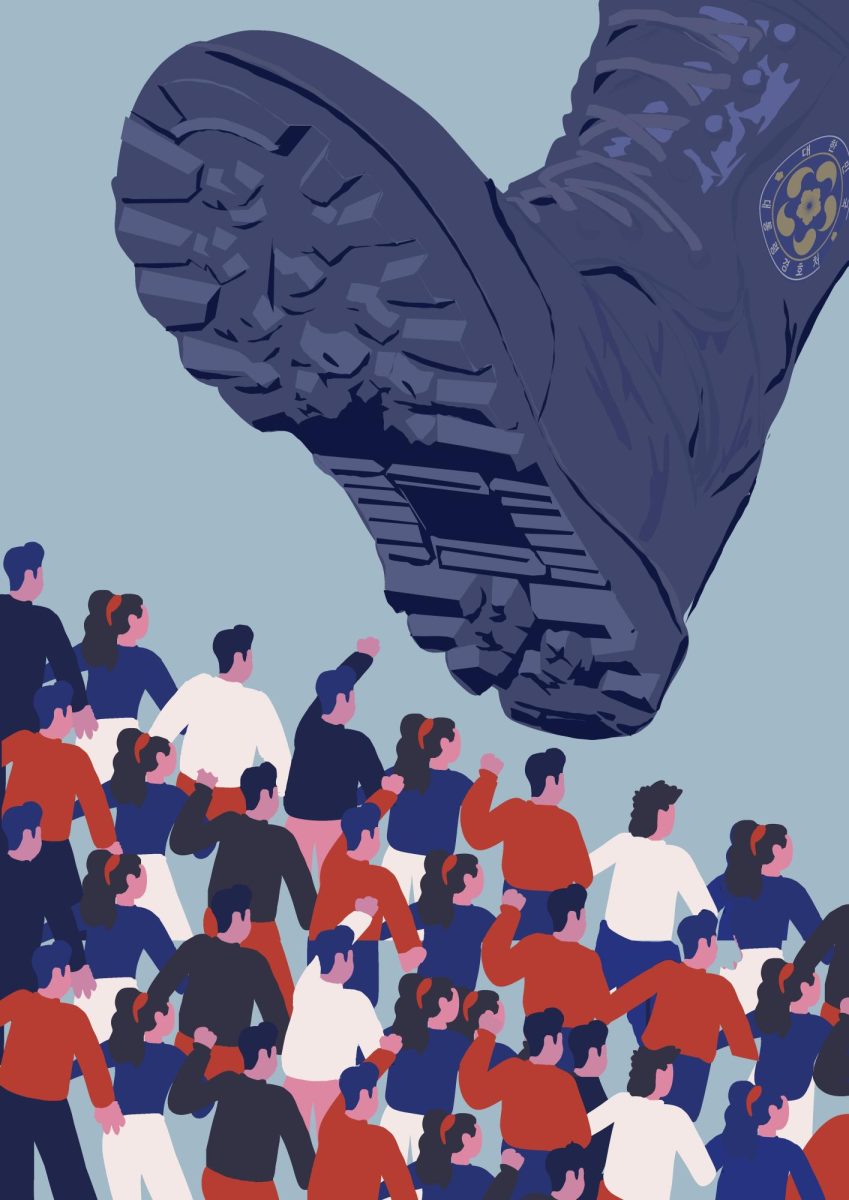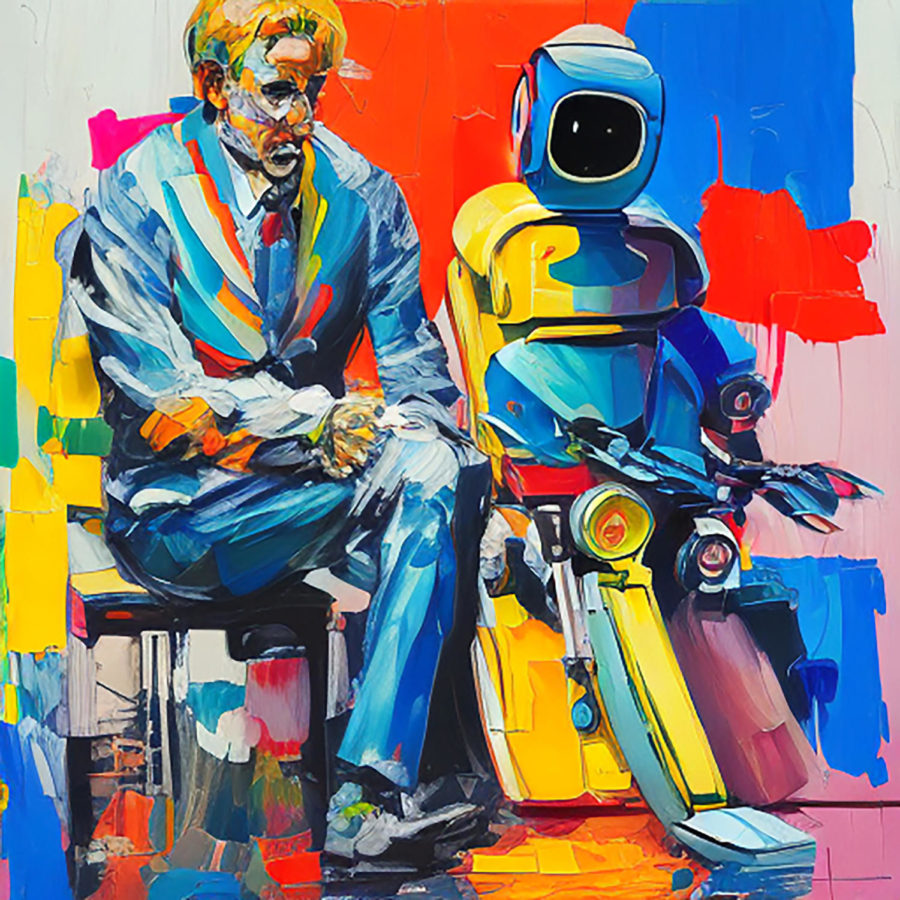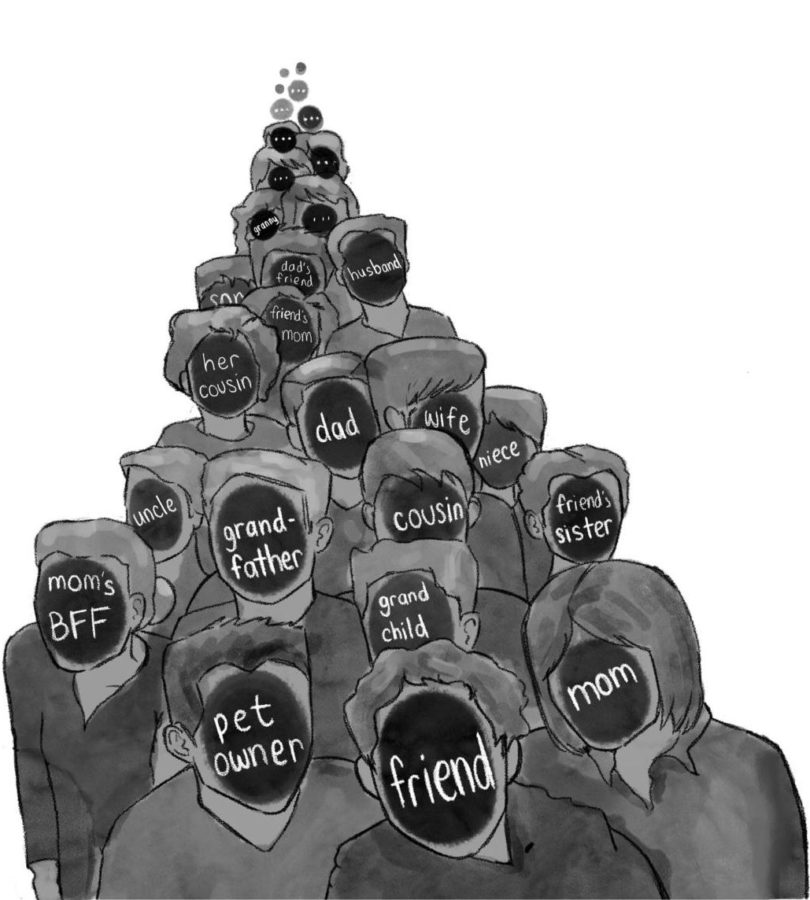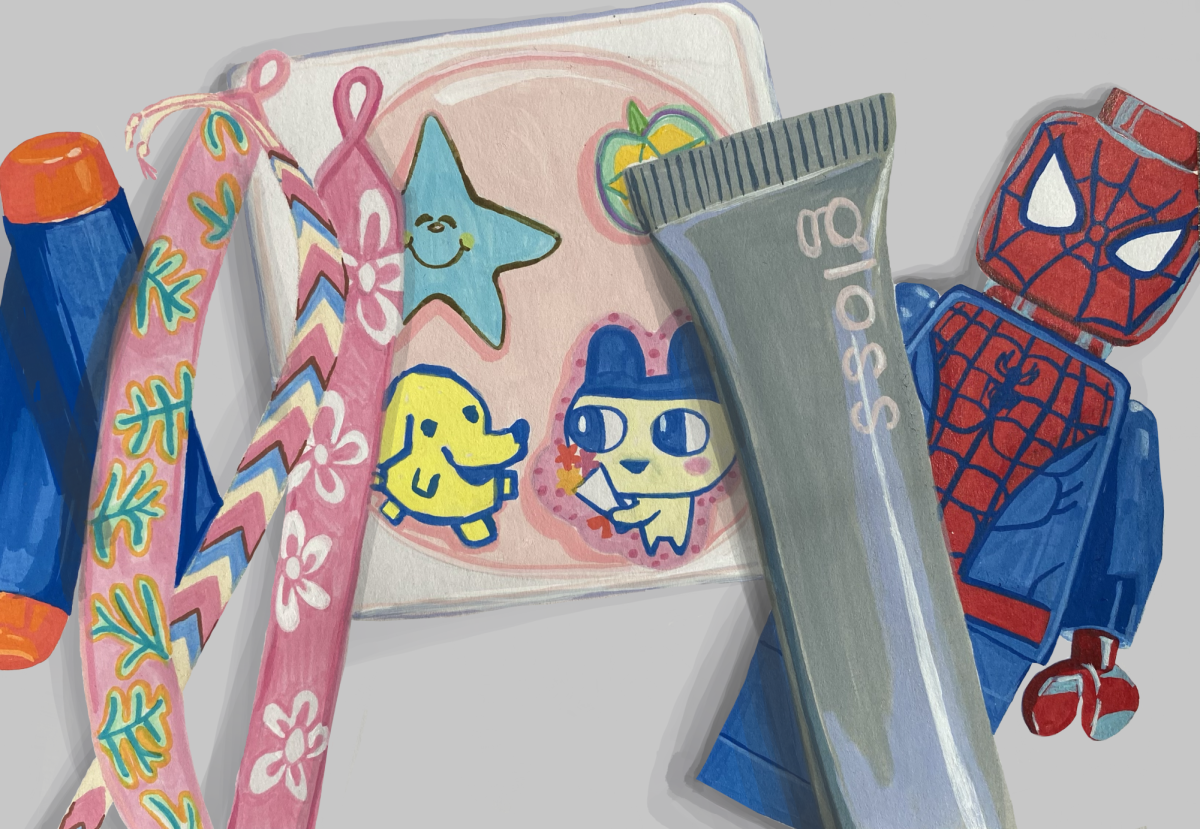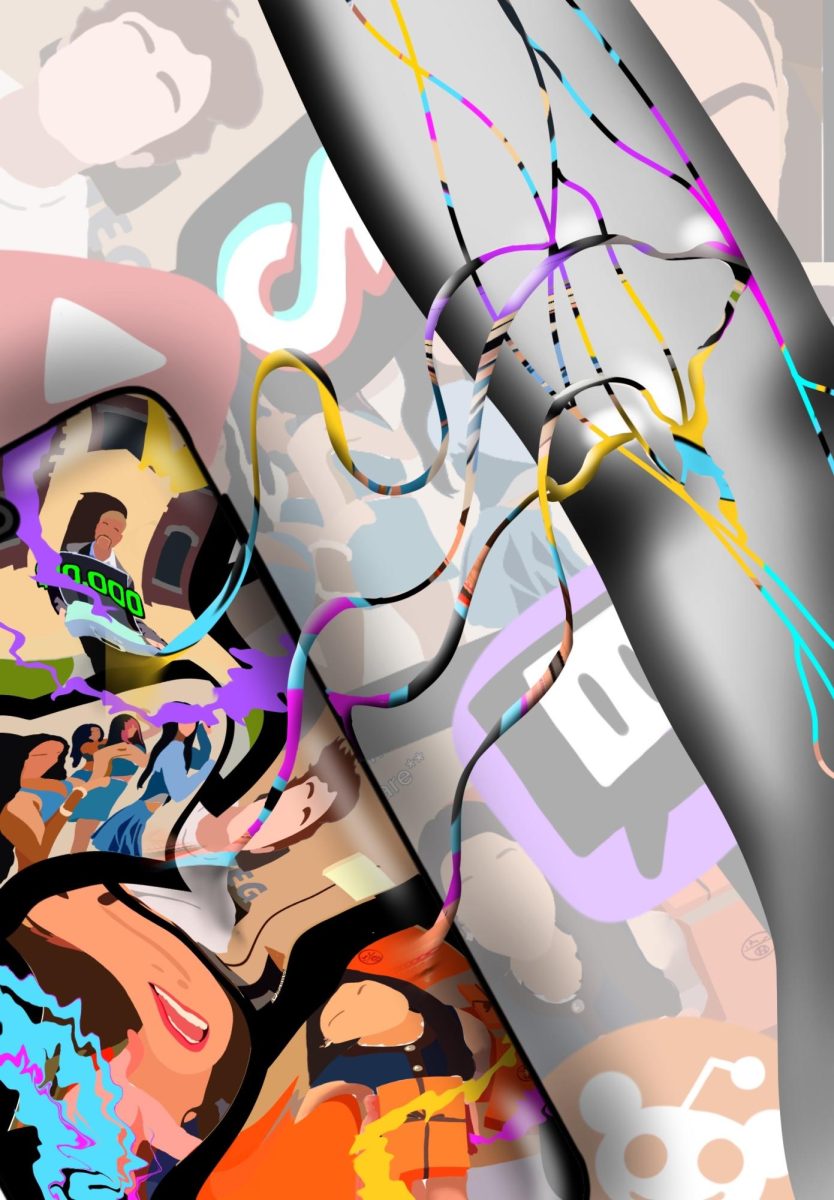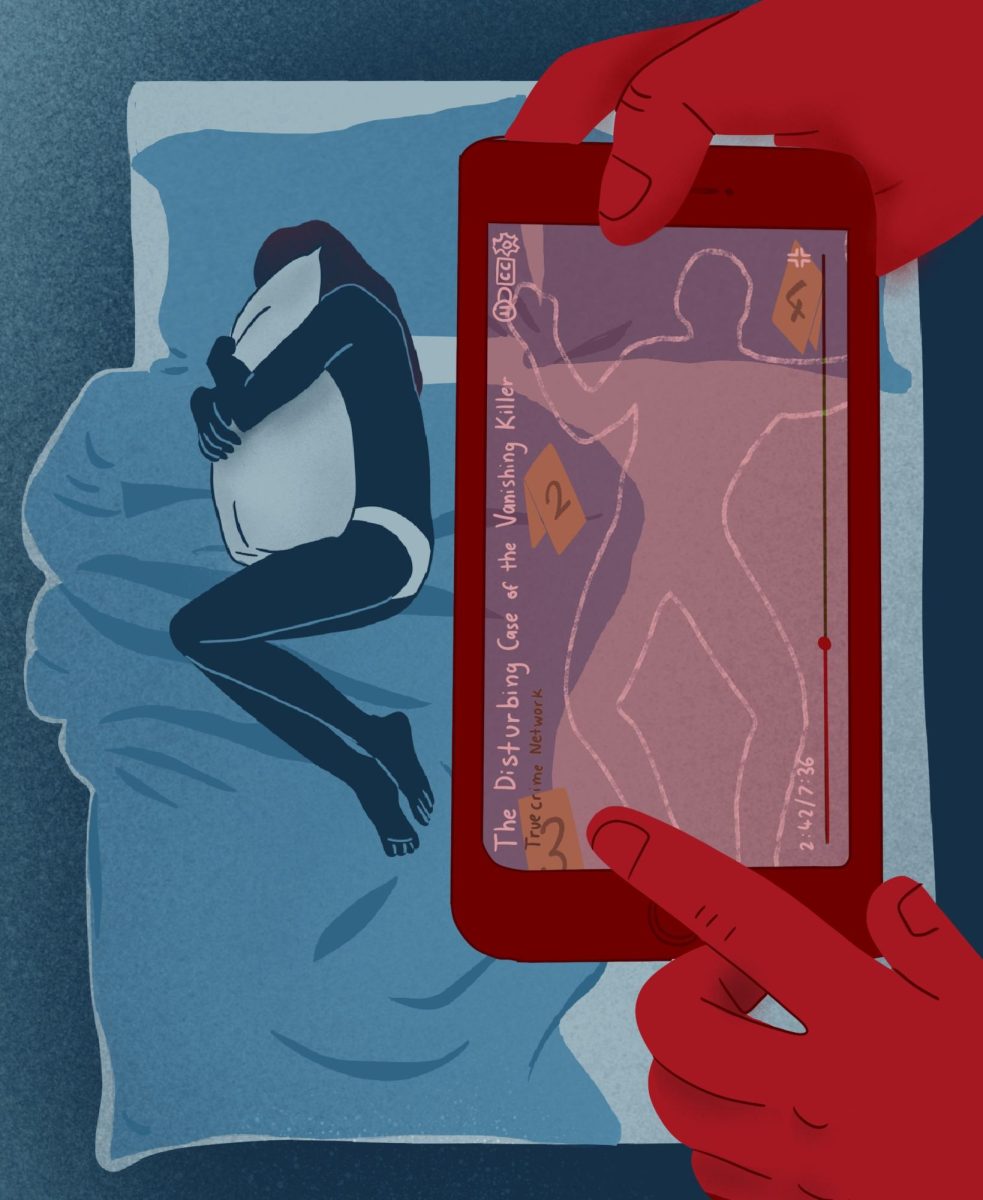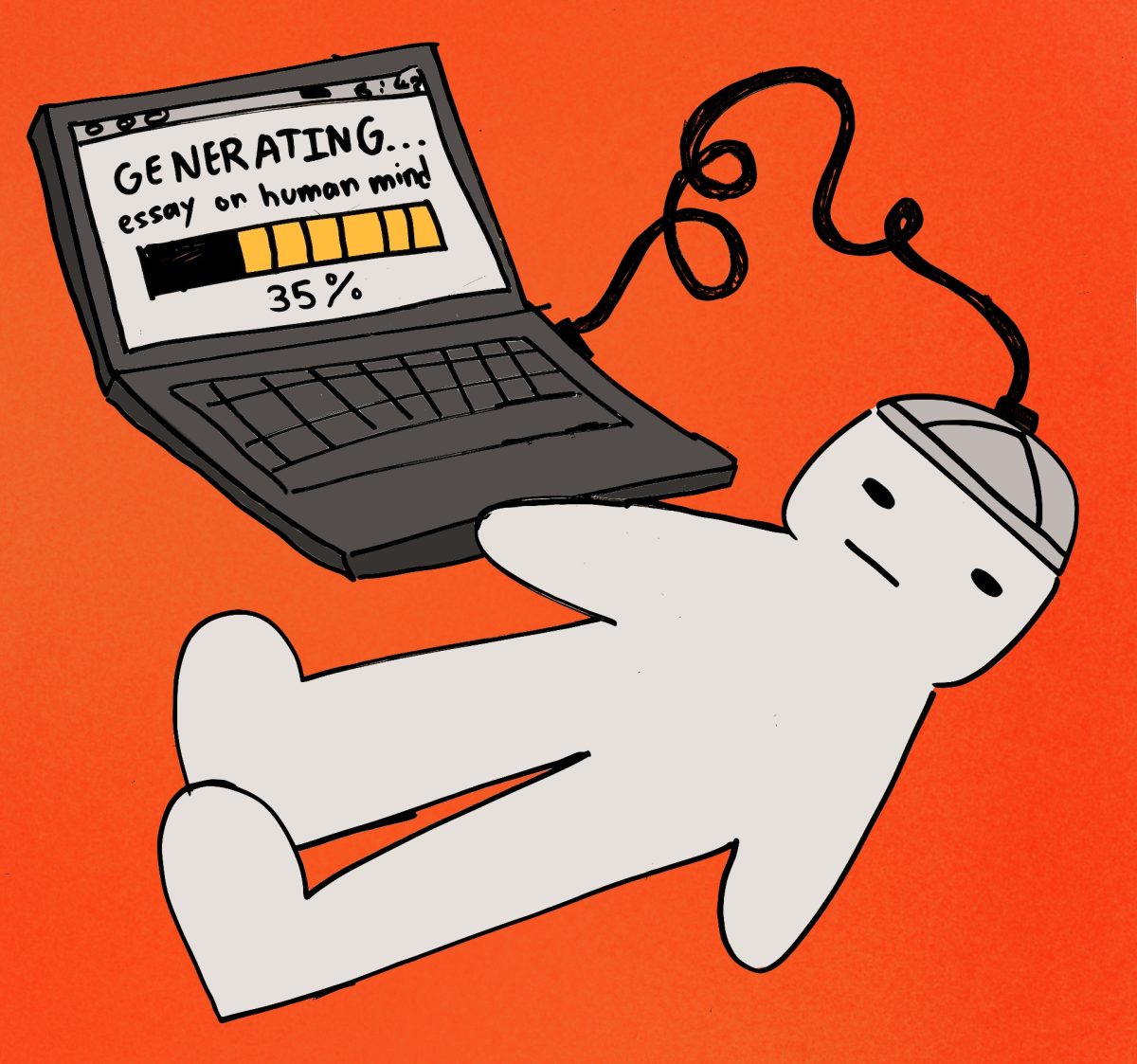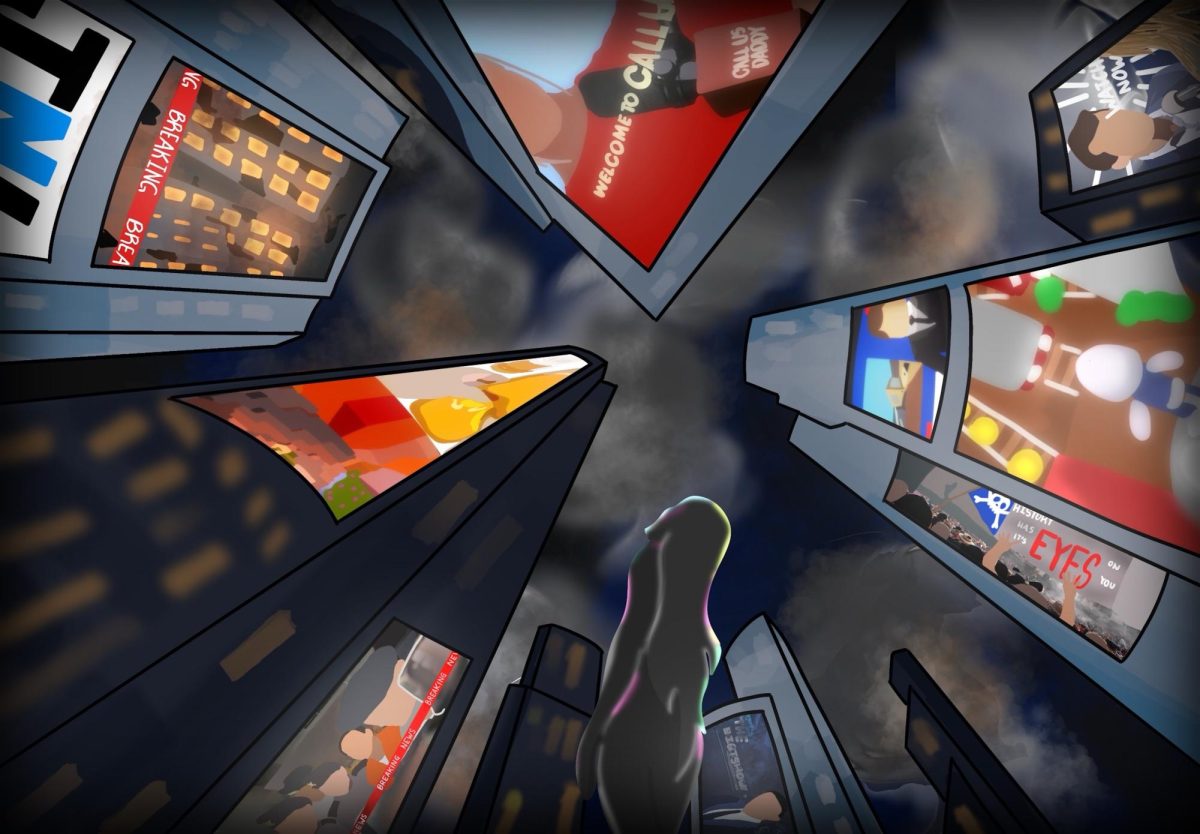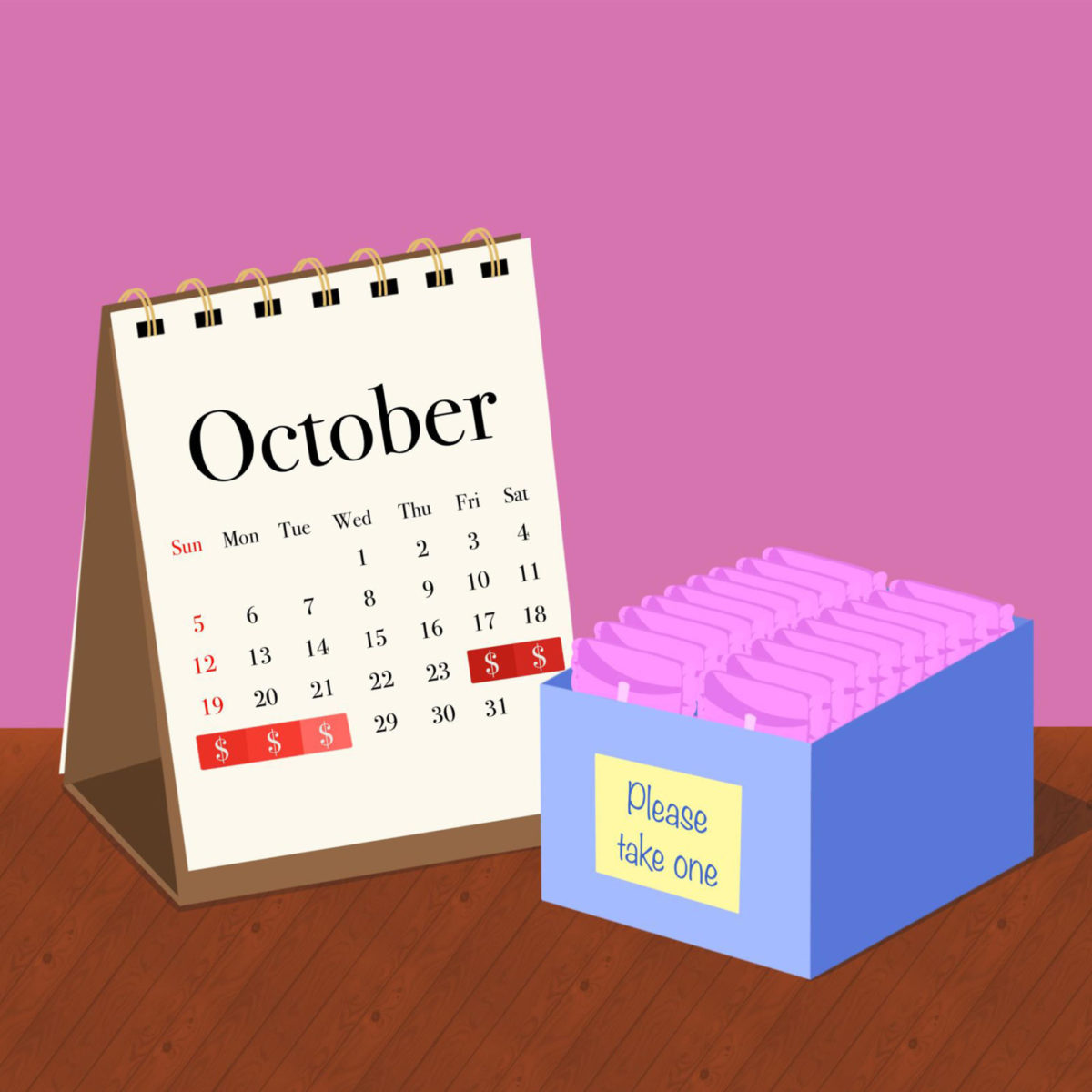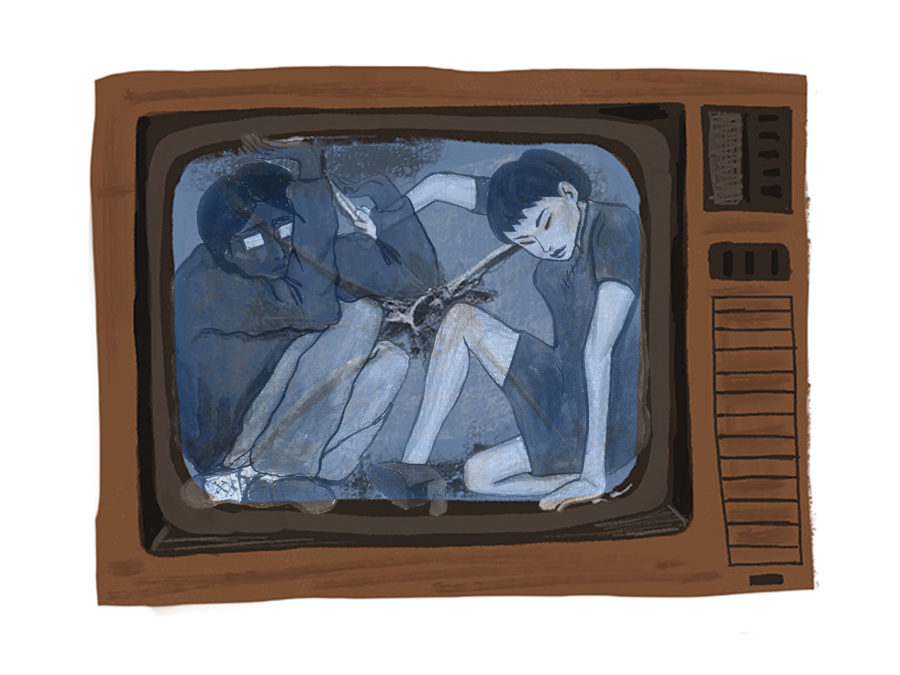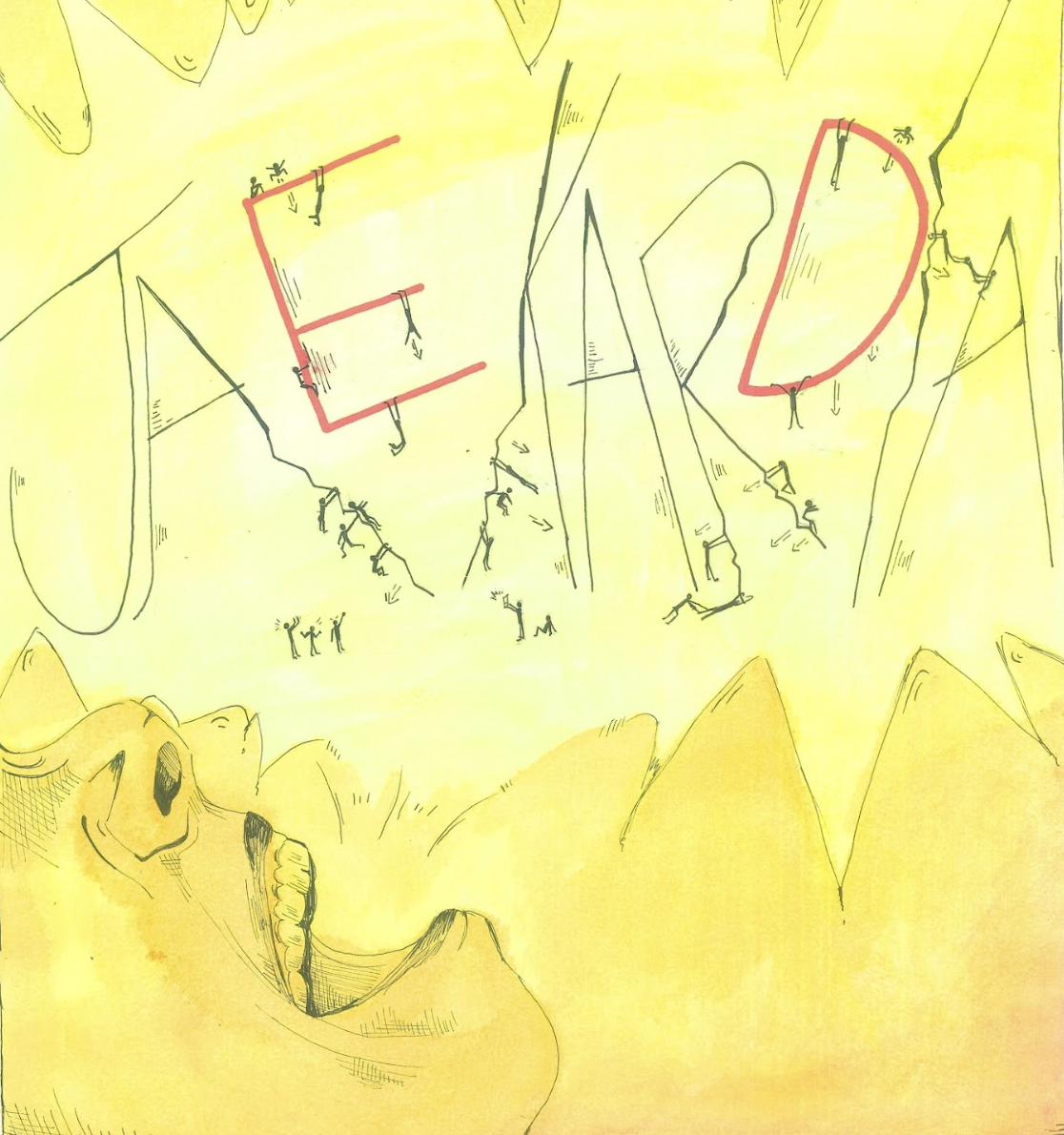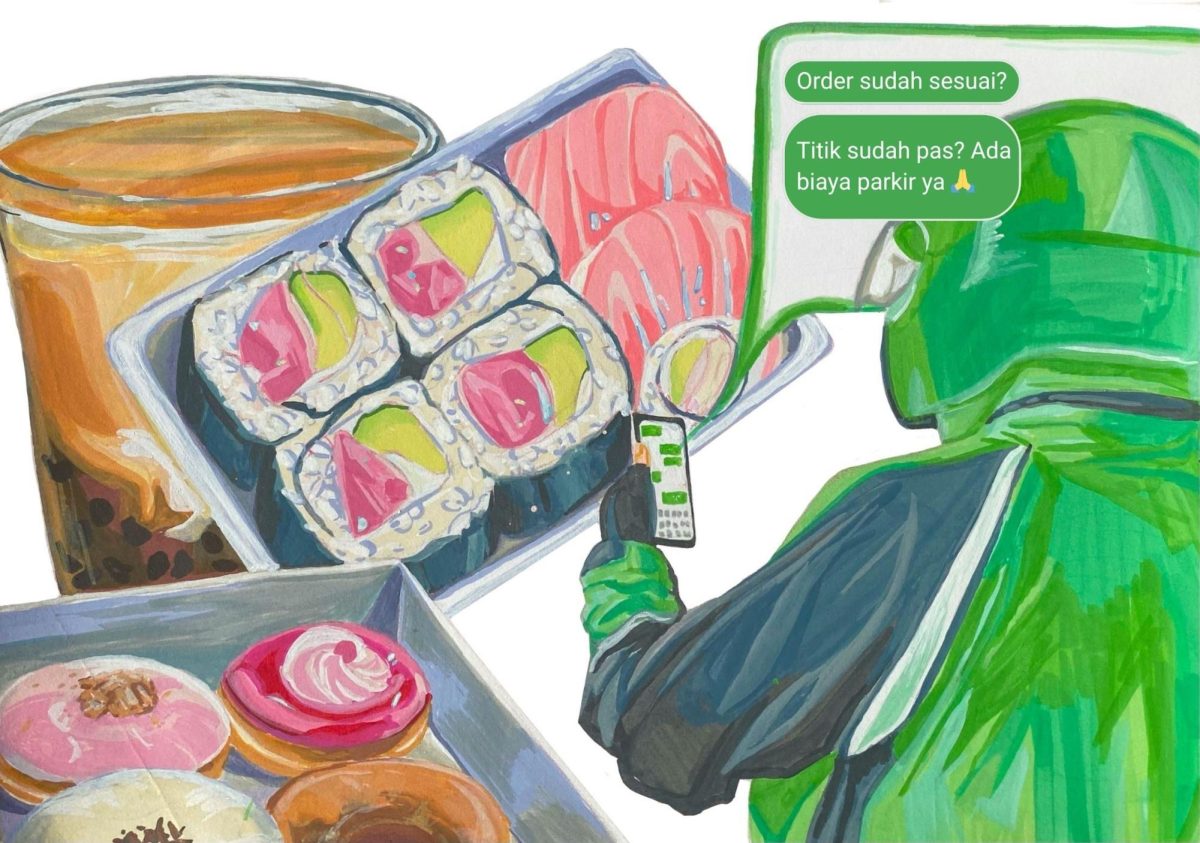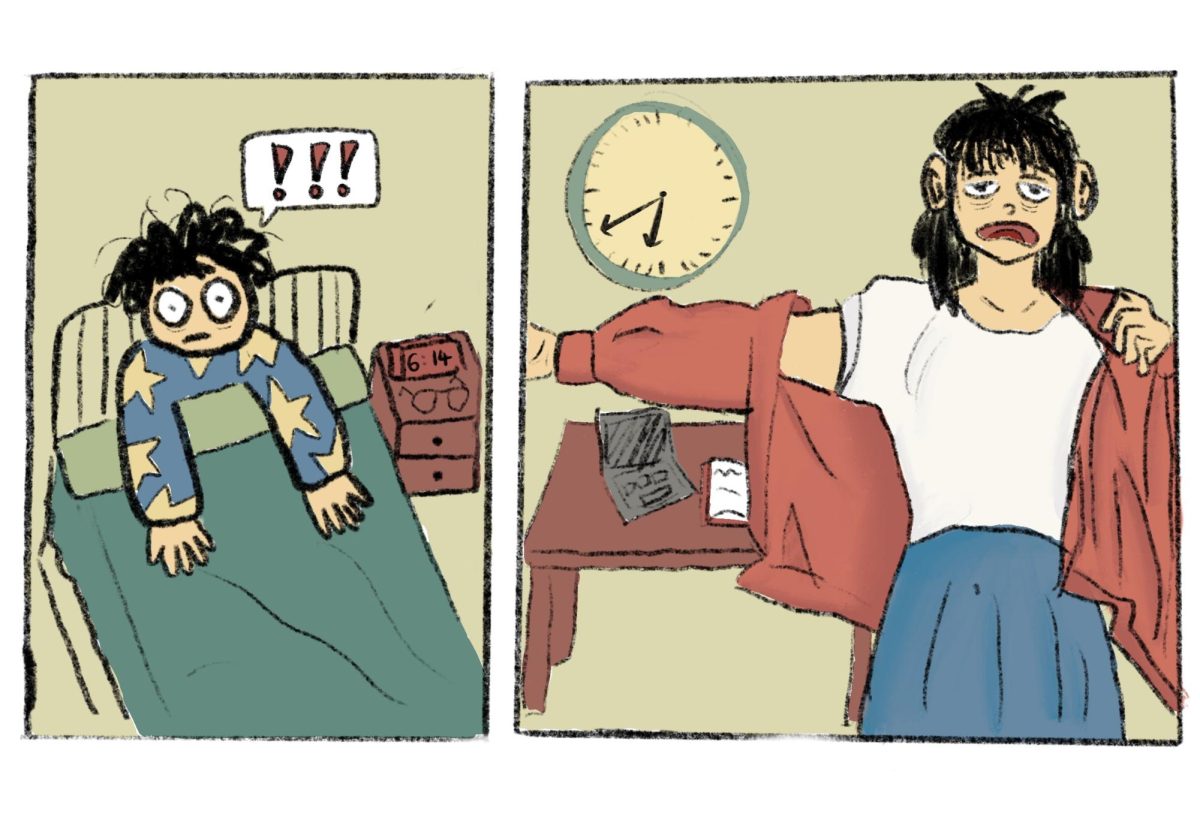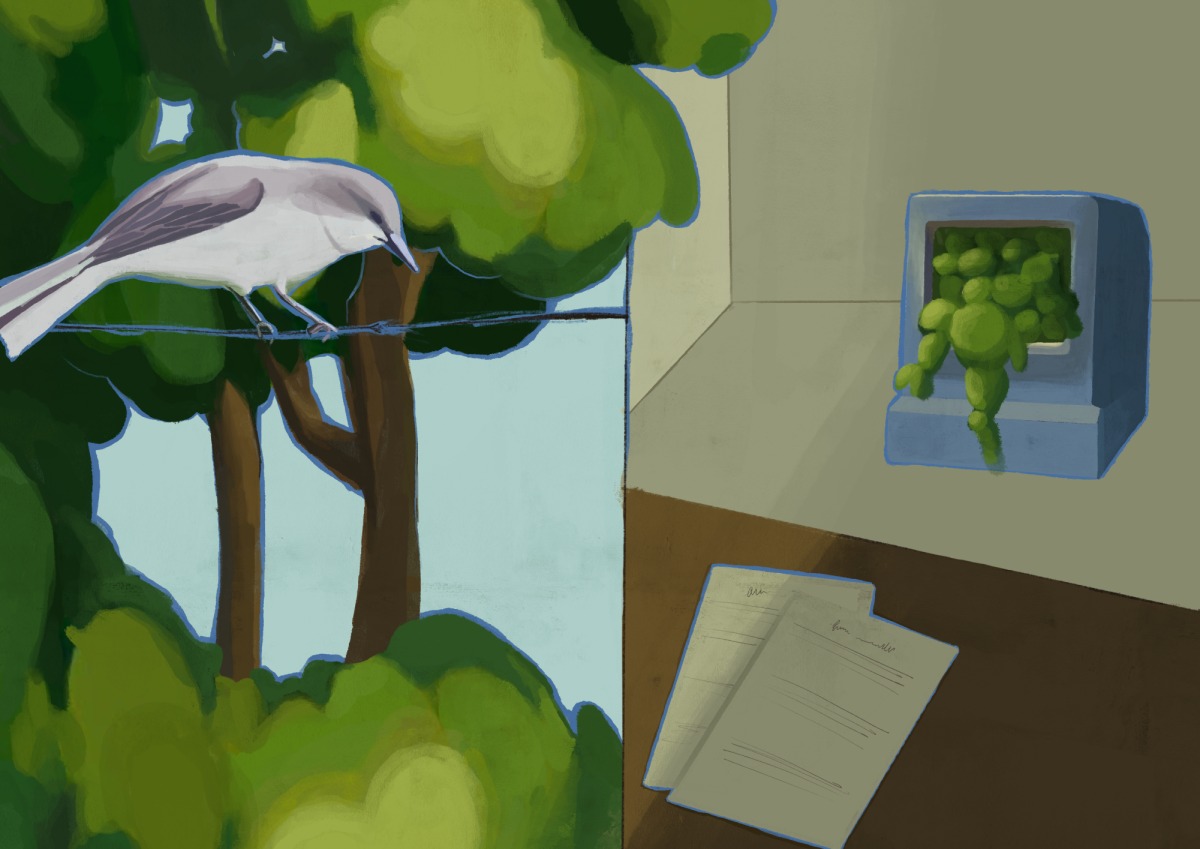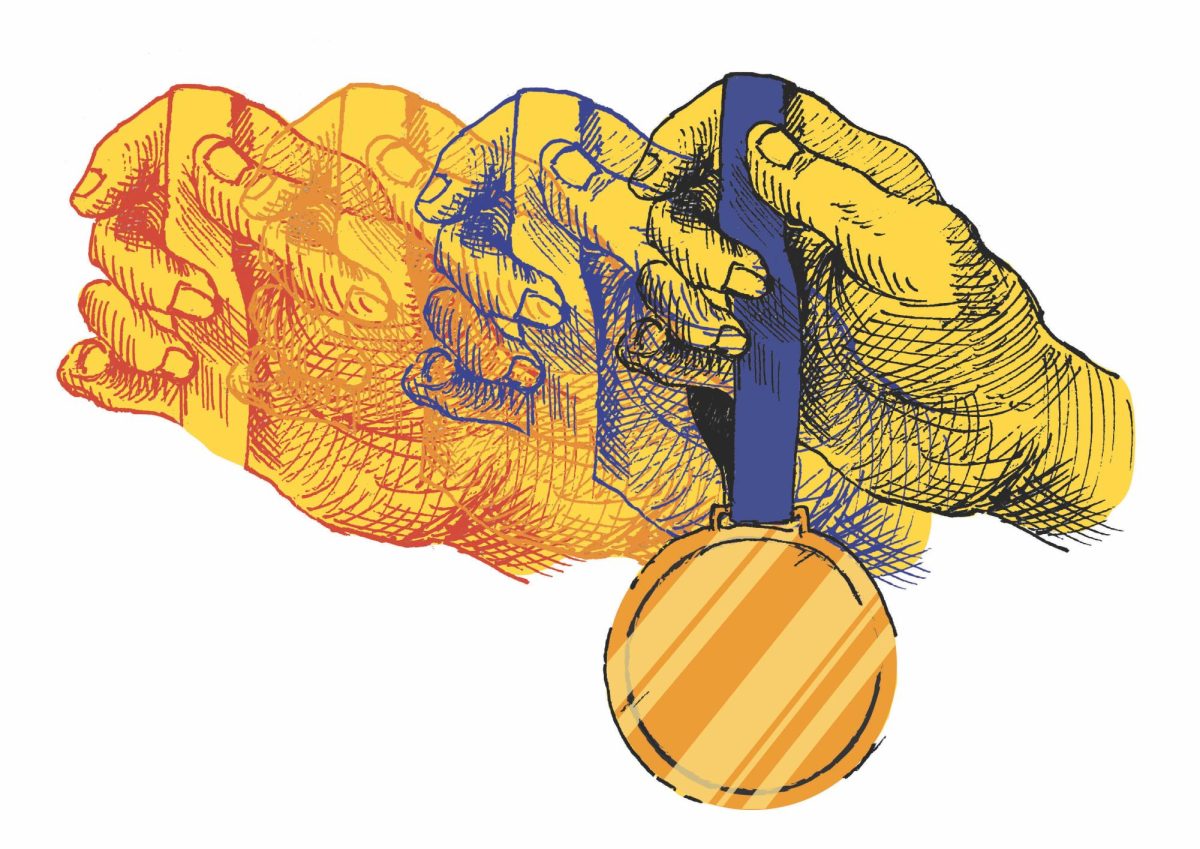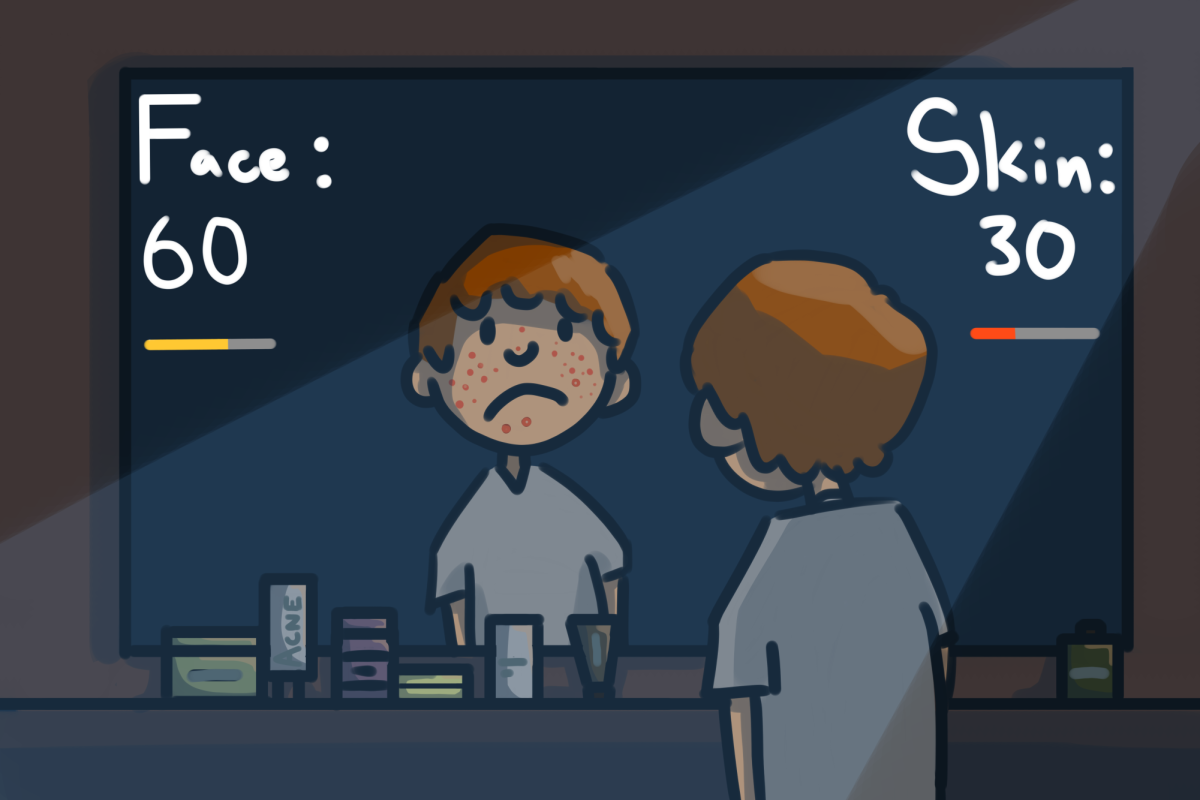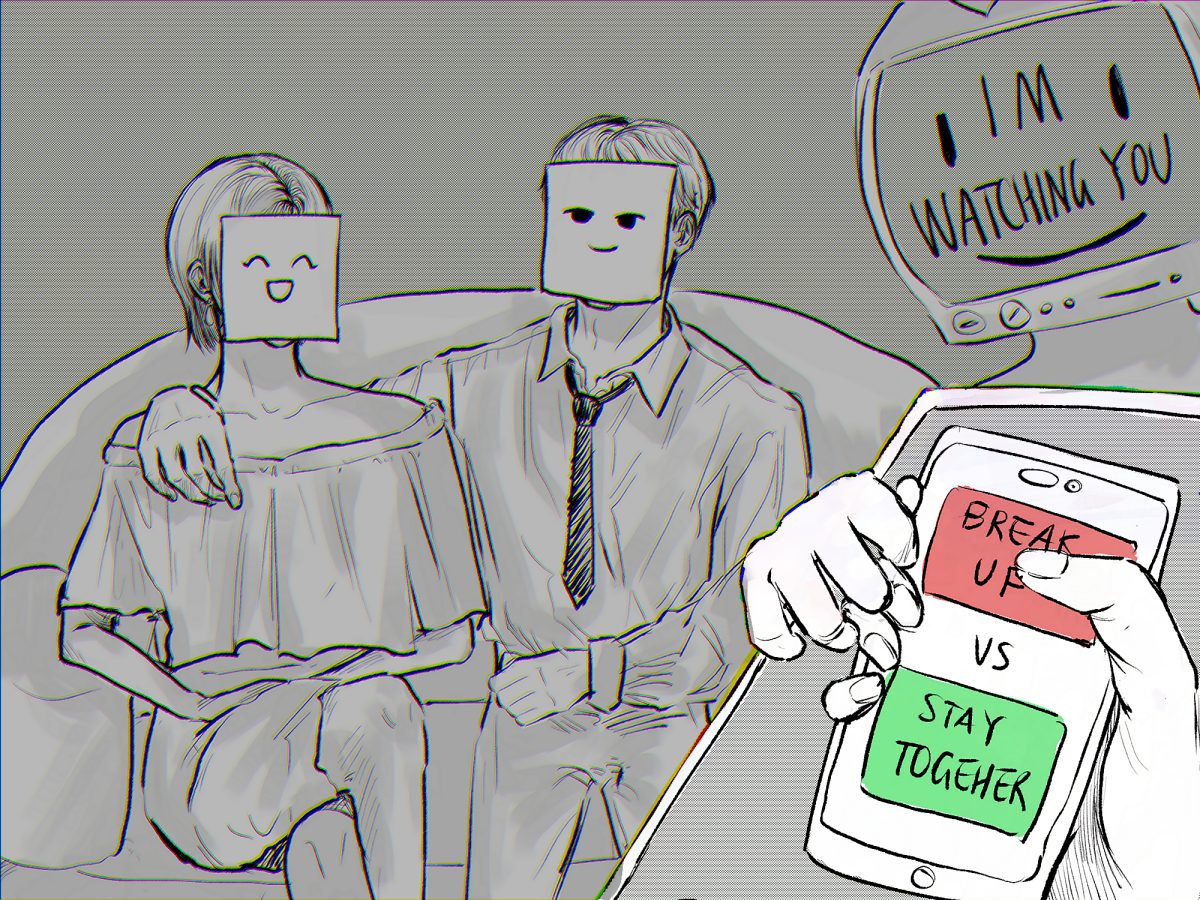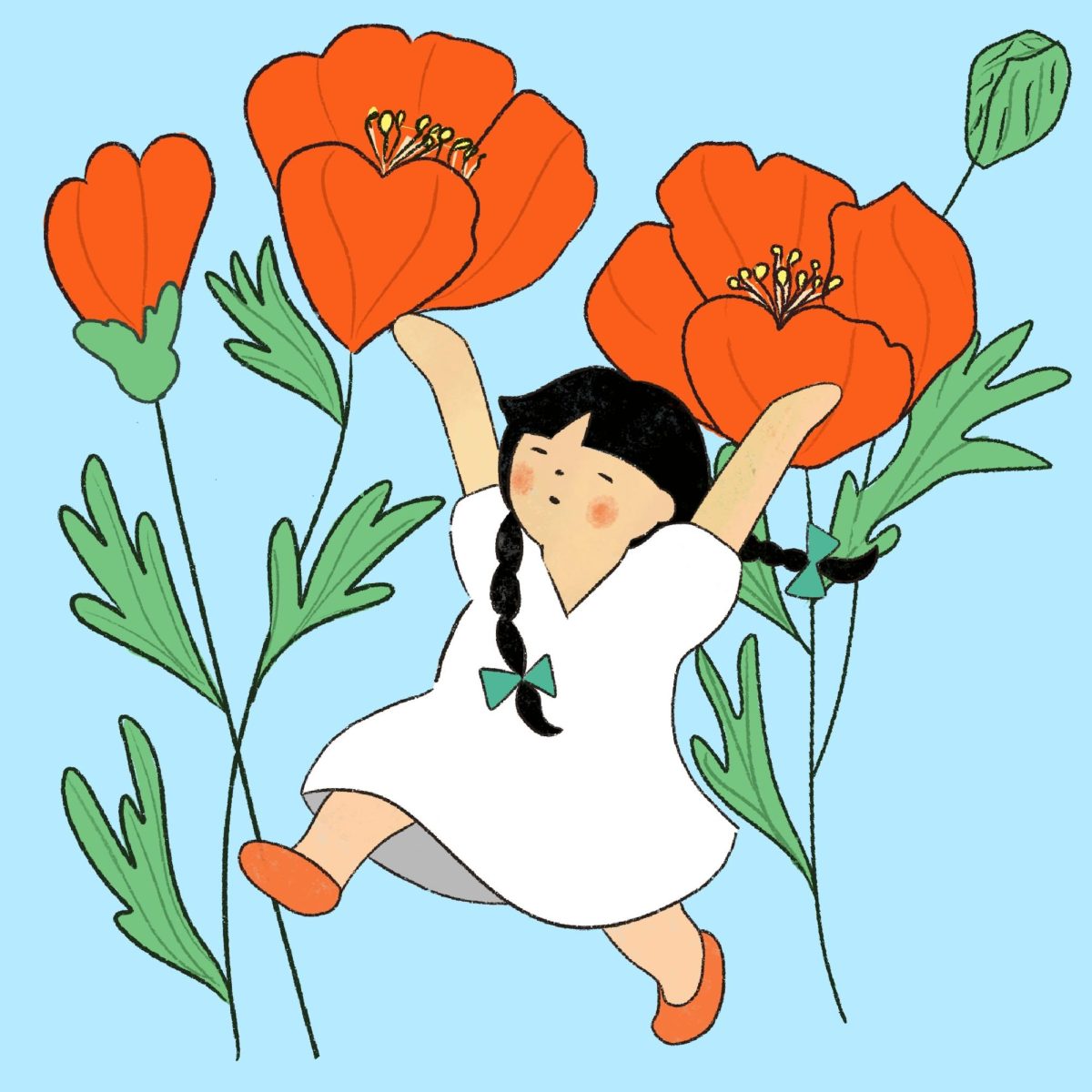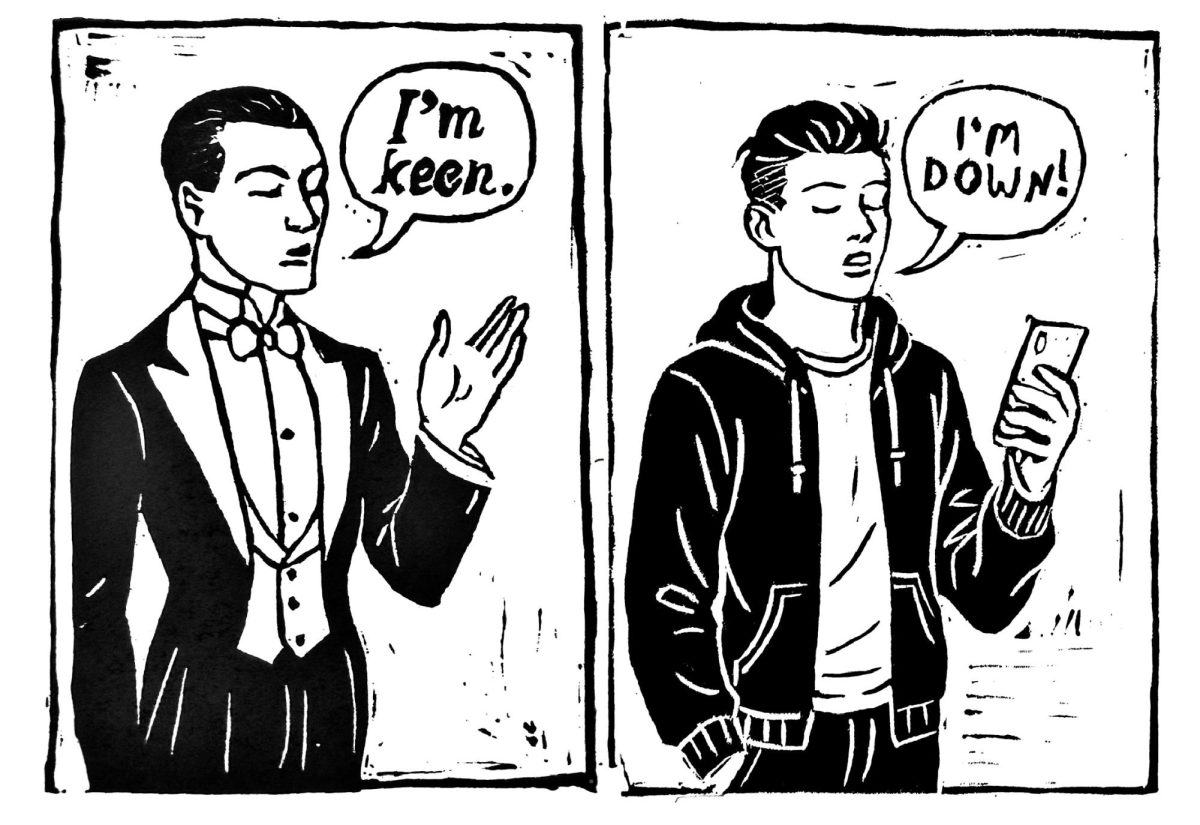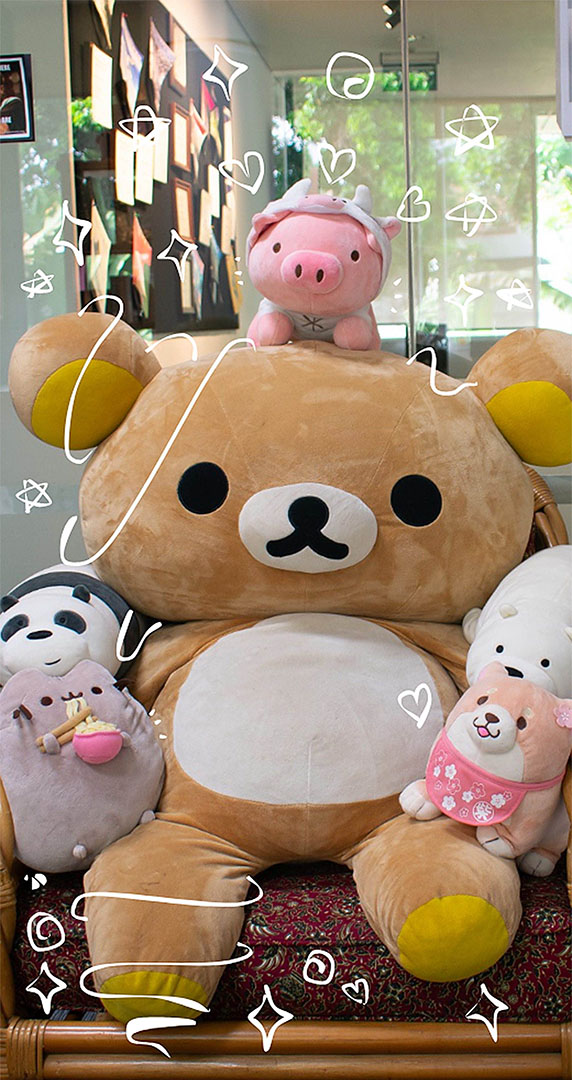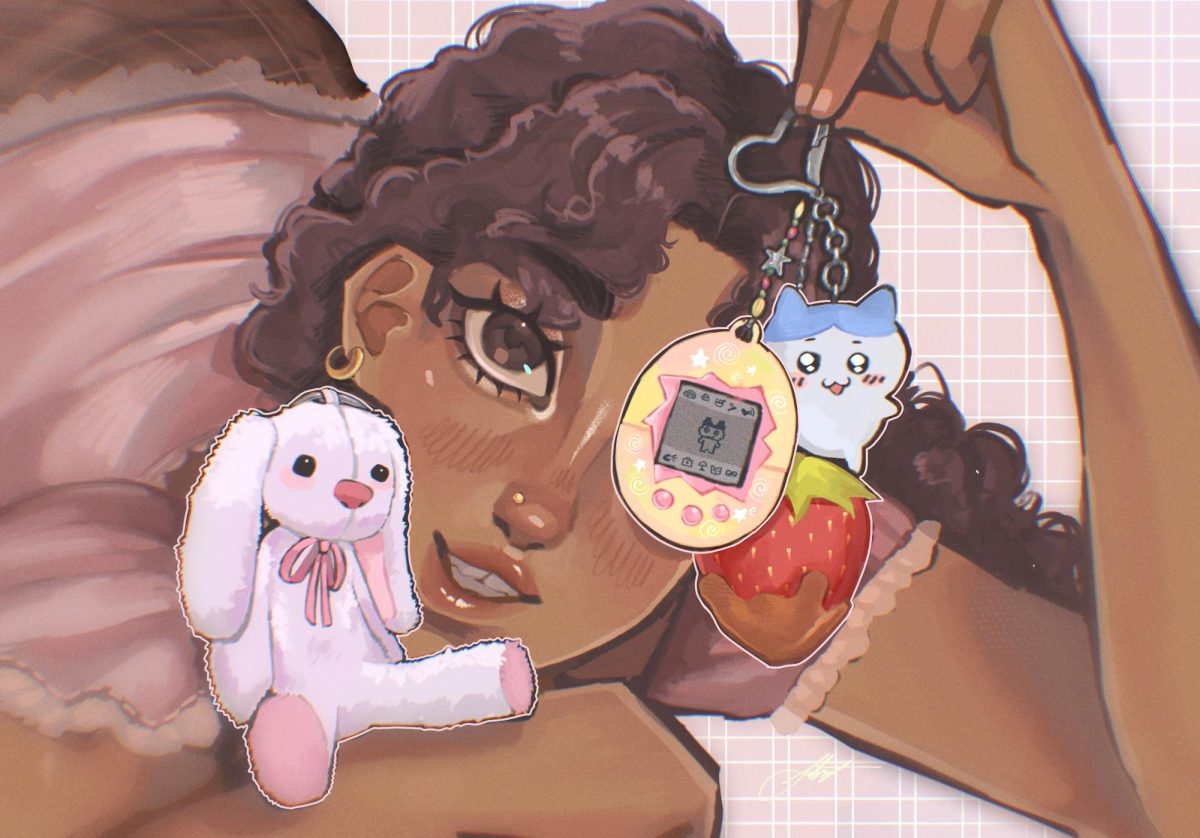As kids, stuffed animals and plushies were our most prized possessions. But as we grow older, what once were treasures are now disregarded, becoming only distant figures within our memories.
In a survey sent out to the high school student community, 90% of respondents stated that they had a stuffed animal growing up. But when asked how they felt about them now, over 50% consider them childish and immature. For these teens, plushies are toys exclusive to children and embarrassing items for them to own.
For the other half that are unashamed, their reasons may be compelling.
Growing up is a confusing time, going through different phases, friendships, relationships, and academic and emotional unpredictability. And for many of the students, moving from school to school is an expected yet emotionally challenging
occurrence. So, during these difficult times of uncertainty, stuffed animals can act as one of the most effective aids.
With vigorous studies and external projects to complete, teenagers have enough to focus on, but they have yet one more thing taking up their time: social life. Oftentimes, the friendships and relationships that are supposed to act as forms of support end up bringing more stress.
When people are unreliable, stuffed animals are the one thing that you can count on always to be there for you.
“They provide a sense of comfort that can’t be replaced by anything else.”
Though stuffed animals cannot say anything and respond, sometimes that is the best form of consultation.
“Them just being there and listening is exactly what I need.”
Stuffed animals are constants, withstanding all troubles and time next to you, while also alluding to moments you hold close to your hearts.
“They remind me of my childhood—the days when anything would make me happy, and my plushies were there with me to experience that happiness,” one student expresses.
Instead of immaturity, stuffed animals bring out the familiar reassuring essence from your early years, storing it all in a personal time capsule and serving as reminders of your different experiences throughout the years.
“They remind me of what I was and my improvement in life.”
In a way, your stuffed animals grow old with you, present for every chapter of life.
Whether they were bought traveling on vacation, won during a fun time at the arcade with friends, or gifted by someone special, the memories you unconsciously make with your stuffed animals are what make them special.
There are times when we all yearn to take a break from daily life and experience our simple but happy moments again. Especially when demanding studies and academics take a toll.
High school students often face nighttime anxiety, which can lead to insomnia; a sleep disorder that is generally difficult to get rid of. Struggling with insomnia is not uncommon for teens receiving a heavy amount of schoolwork and overwhelming pressure. These times can be extremely stressful and exhausting, especially when lacking a form of relief.
When facing these issues, students have found themselves reaching out to their favorite stuffed animals for support.
According to clinical psychologist and sleep expert at UCLA Jennifer Martin, “People fall asleep most easily when they are comfortable and relaxed, and stuffed animals make them feel that way.”
By hugging your stuffed animal to sleep, you will be sending direct stimuli to the neurotransmitters in your brain to soothe your mind and body to take the time to be at peace.
But insomnia is not the only thing that stuffed animals can help with. They have also been professionally recommended in psychotherapy for people suffering from PTSD, bipolar disorder, and other mental illnesses.
This shows just how much of an impact our plushies can have. They are not injected or infused with any sort of drug or medicine, proving that the comfort that stuffed animals bear is all completely raw and genuine.
M. Rose Barlow, a professor of psychology at Boise State University, stated, “[Stuffed animals] can aid therapy for children to adults by providing a way to experience and express emotions, a feeling of unconditional support, and grounding.”
Often, revealing our emotions can be challenging, especially when we are not sure who we can trust to reveal them to. But plushies serve as a safe space for thoughts and feelings to be let out freely without worrying about the consequences.
Stuffed animals can serve as lifelong friends who stay no matter if times are happy and carefree, or if they are tough and tiring. They keep precious memories alive, and bring a little reassurance to our hectic lives; yet, the constant wholehearted comfort they offer often goes unnoticed.
As times become unfamiliar and unpredictable, a dependable presence can have a much greater and significant impact than most can imagine.
Owning a stuffed animal should not be embarrassing to admit because they can be so much more than just childish toys.
If your stuffed animals bring you comfort, don’t worry about what others think, and just let yourself be comforted—there’s nothing wrong with that. And if plushies are not your preference, Feedback hopes that comfort still finds you in another form.

